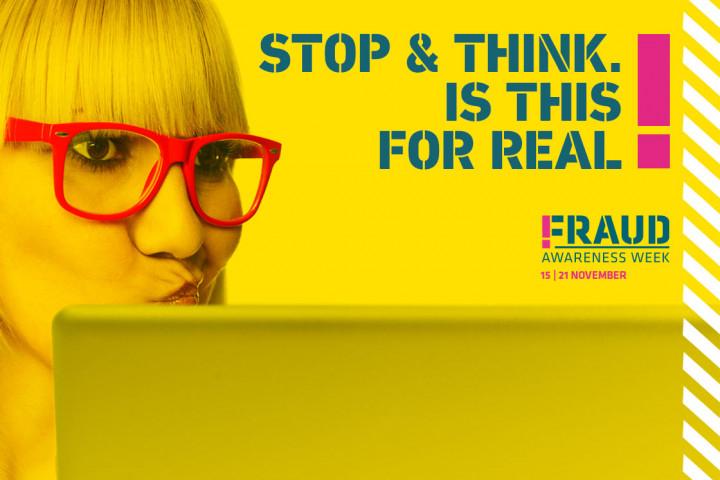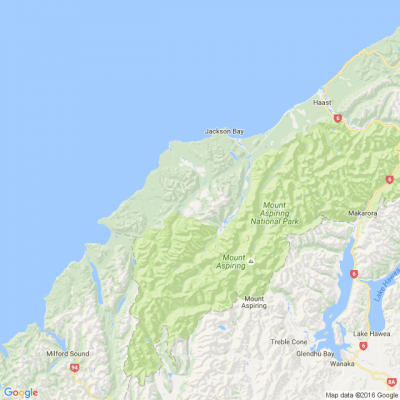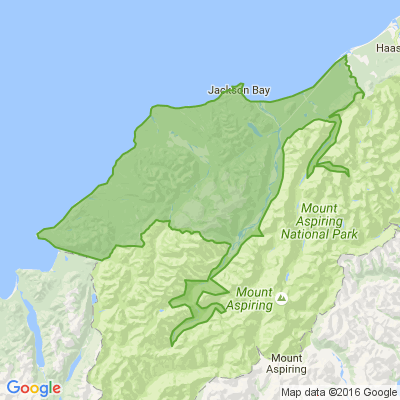Fraud Awareness Week
This Fraud Awareness Week we are encouraging Kiwis to take a moment to stop and think ‘is this for real?’ when contacted unexpectedly and asked for personal info.
New Zealand Police's Financial Intelligence Unit estimates New Zealanders lose $20-30 million annually to scams.
HOW TO AVOID A SCAM:
+ A genuine bank or organisation will never contact you to ask for your PIN, password or to move money to another account.
+ Never click on a link in an unexpected email or text – you could be giving access to your personal and financial details.
+ Always question uninvited approaches in case it is a scam. Instead, contact the company directly using a known email or phone number.
+ Don’t assume an email or phone call is authentic – just because someone knows your basic details (name and address, or mother’s maiden name) it doesn’t mean they are genuine.
+ Don’t be rushed into making a decision or financial transaction on the spot – a genuine bank or trusted organisation would never do this.
+ Listen to your instincts – if something feels wrong then it generally is.
If you believe you are the victim of a scam you can contact Police and report the matter via 105.
For more info on how you can prevent yourself, family and friends from being scammed, visit:

Some Choice News!
DOC is rolling out a new tool to help figure out what to tackle first when it comes to protecting our threatened species and the things putting them at risk.
Why does this matter? As Nikki Macdonald from The Post points out, we’re a country with around 4,400 threatened species. With limited time and funding, conservation has always meant making tough calls about what gets attention first.
For the first time, DOC has put real numbers around what it would take to do everything needed to properly safeguard our unique natural environment. The new BioInvest tool shows the scale of the challenge: 310,177 actions across 28,007 sites.
Now that we can see the full picture, it brings the big question into focus: how much do we, as Kiwis, truly value protecting nature — and what are we prepared to invest to make it happen?
We hope this brings a smile!

Share your favourite main crop potato recipe and win a copy of our mag!
Love potatoes? We will give away free copies of the May 2026 issue to readers whose potato recipes are used in our magazine. To be in the running, make sure you email your family's favourite way to enjoy potatoes: mailbox@nzgardener.co.nz, by March 1, 2026.

Have you got New Zealand's best shed? Show us and win!
Once again, Resene and NZ Gardener are on the hunt for New Zealand’s best shed! Send in the photos and the stories behind your man caves, she sheds, clever upcycled spaces, potty potting sheds and colourful chicken coops. The Resene Shed of the Year 2026 winner receives $1000 Resene ColorShop voucher, a $908 large Vegepod Starter Pack and a one-year subscription to NZ Gardener. To enter, tell us in writing (no more than 500 words) why your garden shed is New Zealand’s best, and send up to five high-quality photos by email to mailbox@nzgardener.co.nz. Entries close February 23, 2026.







 Loading…
Loading…












